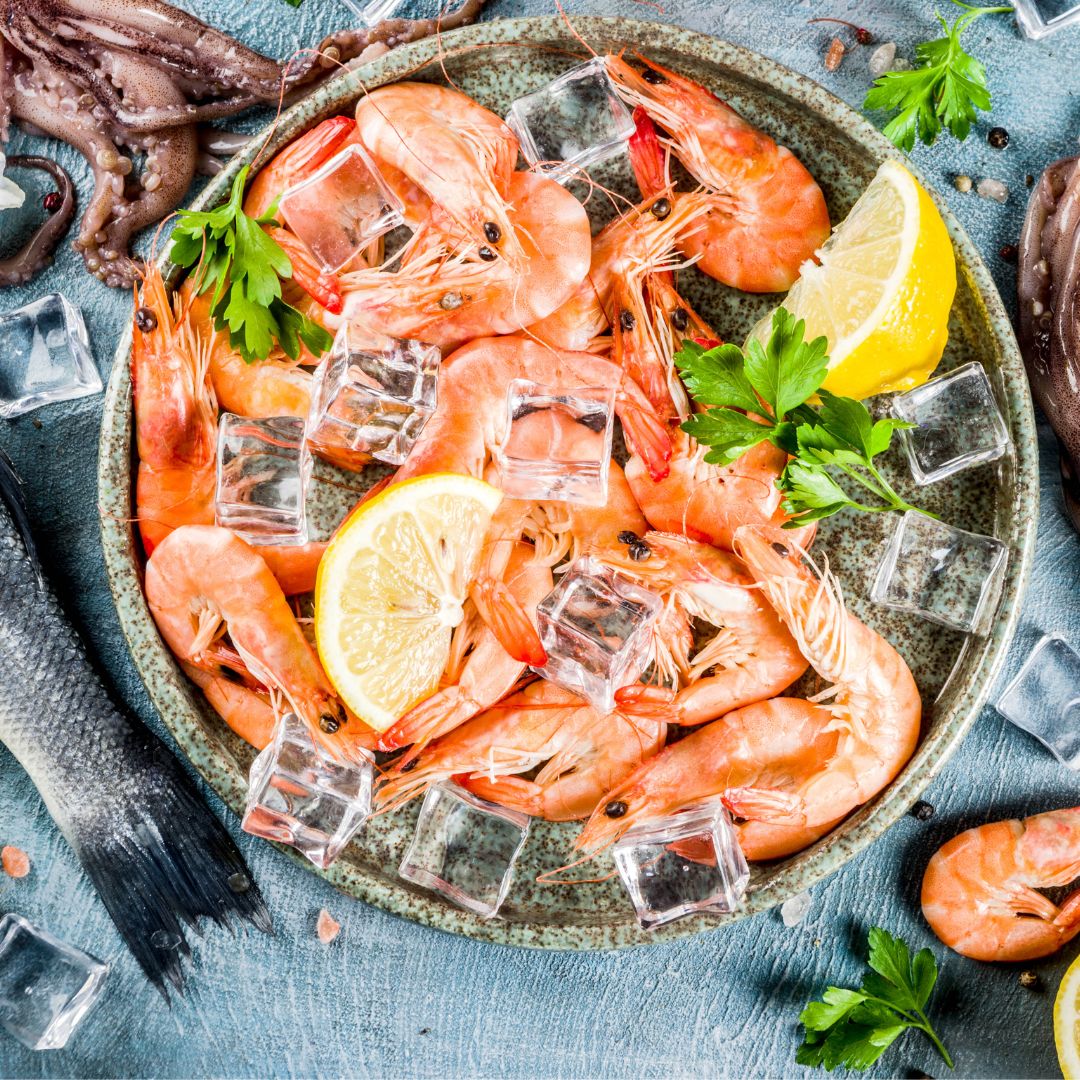
The Vital Role of Ethical Fishing: Greenfish's Line-Fishing vs. Commercial Practices in South Africa
Share
Understanding the Marine Impact of Commercial Fishing in South Africa
The vast coastline of South Africa is a treasure trove of marine biodiversity. From the temperate waters of the Western Cape to the subtropical regions of the Eastern Coast, it's a rich tapestry that provides not only aesthetic beauty but also sustenance for many. But, as in many parts of the world, South Africa's marine ecosystems are under threat due to certain large-scale fishing practices.
Commercial Fishing: A Deeper Look
- Large-scale commercial fishing methods commonly used in South Africa include trawling, purse seining, and longlining.
- Trawling: This involves dragging a large net through the water or along the sea floor. While effective in capturing large quantities of fish, it's non-discriminative, catching anything in its path. Bycatch, including turtles, dolphins, and other non-target species, is a significant issue. Additionally, bottom trawling can destroy sea bed habitats, disrupting the marine ecosystem.
- Purse Seining: While it's a bit more selective than trawling, purse seining can still result in high bycatch rates, especially when used to catch species that school with others.
- Longlining: Involving a central fishing line, often several miles long, with smaller lines of baited hooks attached at intervals, this method can have a devastating effect on seabird populations, especially albatrosses that dive for the bait and get hooked. Good advancements have been made in this fishery to prevent this.
- All these methods often disrupt the ocean's natural regeneration processes by removing key species, causing population imbalances and damaging habitats that are crucial for the lifecycle of many marine organisms.
Greenfish’s Line-Fishing Method Explained
Line fishing, as practised by Greenfish, involves catching fish individually using a fishing rod or hand line. This method offers several distinct advantages:
- Selective Fishing: Line fishing allows for the immediate release of non-target species, significantly reducing bycatch.
- Low Environmental Impact: Unlike trawling, there's no damage to the ocean floor or its habitats. This means crucial breeding grounds and ecosystems remain intact.
- Freshness Guaranteed: Fish caught through line fishing can be immediately processed, ensuring the seafood is fresh by the time it reaches consumers.
- Supports Local Fishermen: This labour-intensive method offers employment opportunities, sustaining local communities in Cape Town and ensuring the continuation of traditional fishing practices.
- Linefishing does not lead to the risk of Ghost fishing
- Linefishing’s low barrier of entry allows local ownership in smaller coastal communities.
Why the Choice Matters
South Africa's marine environment is unique. The Benguela Current, for instance, is one of the world's four major upwelling systems, supporting an abundance of marine life. Protecting this system requires sustainable practices.
By supporting methods like line fishing, we not only ensure a more balanced marine ecosystem but also a better product for consumers as each fish is harvested and handled as an individual, & frees the concerns of mass-scale commercial fishing.
Understanding the impact of our seafood choices is paramount. Greenfish, nestled in the heart of Cape Town, is proud to uphold line fishing methods that align with environmental sustainability, community empowerment, and the provision of high-quality seafood. When you choose Greenfish, you're not just opting for seafood; you're making a choice for the future of our oceans.
